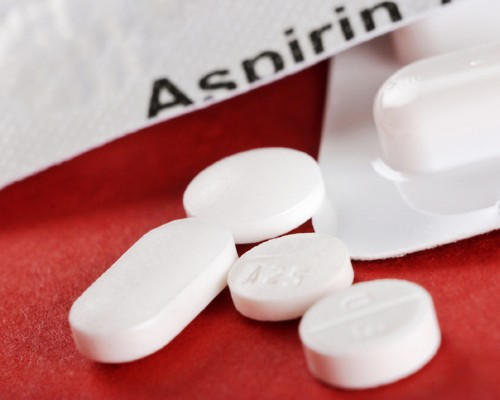People who become seriously ill with COVID-19 are at risk of developing blood clots that can block their blood vessels and lead to potentially fatal organ damage. Researchers want to know if this process could be prevented by treating patients with blood-thinning antiplatelet drugs.
The study found that using antiplatelet drugs, such as aspirin, to treat patients who are seriously ill with COVID-19 does not seem to alter the short-term need for life support. However, they did find signs that patients given these drugs were more likely to survive in the following three months. Their findings are published in The Journal of the American Medical Association (JAMA).
The clinical trial, called REMAP-CAP and funded by the NIHR in the UK, involved 1,557 patients critically ill with COVID-19 in 105 hospitals in Canada, France, Germany, India, Italy, Nepal, Netherlands and the UK during 2020 and 2021. Some were given aspirin, some were given another type of antiplatelet drug called clopidogrel and some were not given any antiplatelet drug.
The main focus of the study was to see how these drugs affected the length of time that patients needed organ support, such as breathing support, in the intensive care unit. Researchers found that these short-term outcomes were similar whether the patient was treated with an antiplatelet drug or not.
The investigators continued to follow each patients’ progress for 90 days and they found that those who were treated with antiplatelet drugs were more likely to survive over this longer time (a 70.5 per cent chance of survival compared to 67.3 per cent in patients not treated with an antiplatelet drug).
Dr Charlotte Bradbury, lead author of the JAMA paper and consultant senior lecturer at the University of Bristol’s Medical School, said: “These promising results represent an incredible international research collaboration, and we are extremely thankful to the patients who have taken part. It is interesting that these antiplatelet drugs seem to improve survival but do not affect the duration of organ support. It may be that antiplatelet drugs are helpful for some patients but not all. For example, it looks likely that patients who were already on high doses of blood thinners such as heparin didn’t benefit from antiplatelet drugs whereas those on lower doses did.”
The researchers plan to continue studying these two drugs in critically ill patients, focussing on longer-term survival and aiming to find out more about which patients are most likely to benefit.
Professor Anthony Gordon from Imperial College London is the UK Chief Investigator on the REMAP-CAP trial. He said: “Despite the benefits of COVID-19 vaccines, we know that people will continue to become seriously ill and die with COVID-19 around the world in the months and years to come. We need to continue studying which treatments and in which combination bring the most benefits to patients when they are critically ill and in the longer term.”
Paper
‘Effect of Antiplatelet Therapy on Survival and Organ Support–Free Days in Critically Ill Patients With COVID-19A Randomized Clinical Trial’ by C Bradbury et al in The Journal of the American Medical Association (JAMA).
